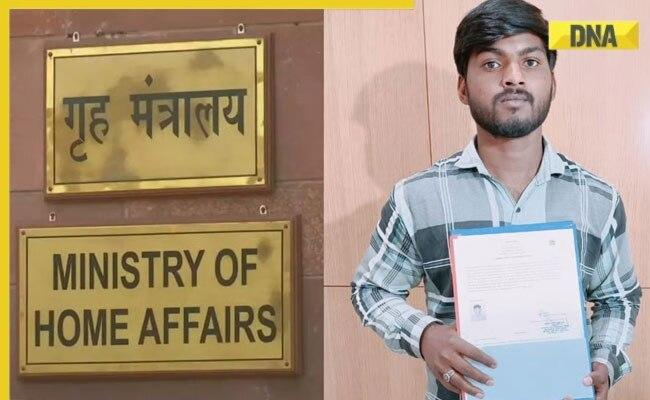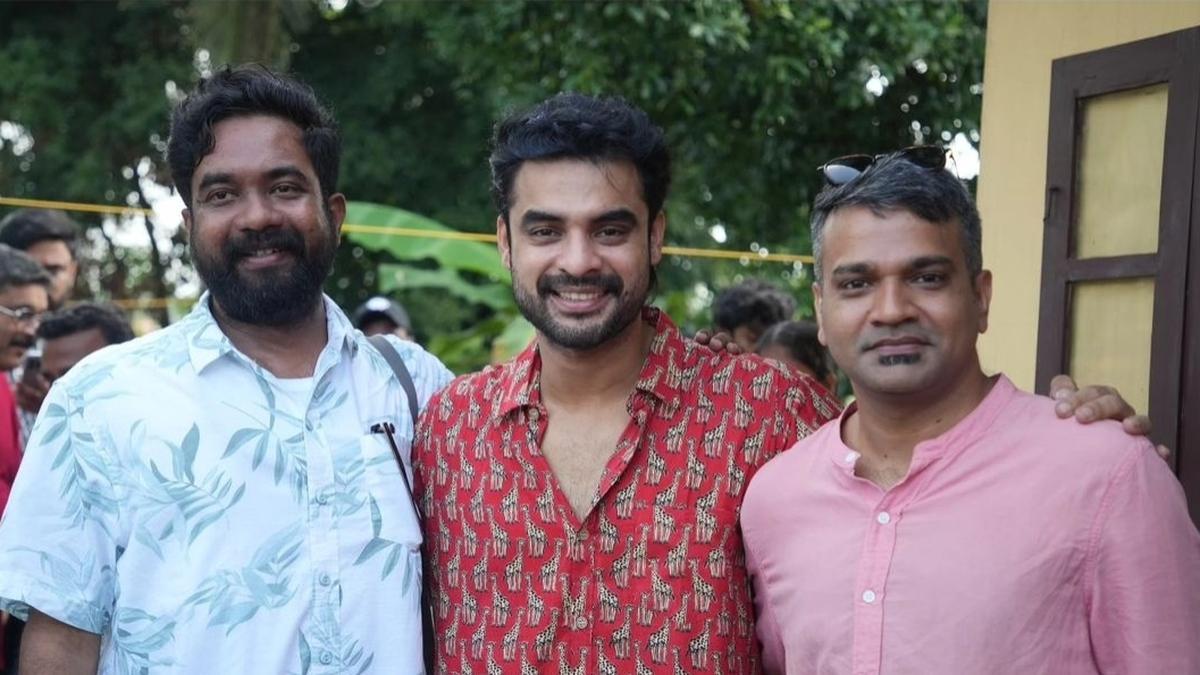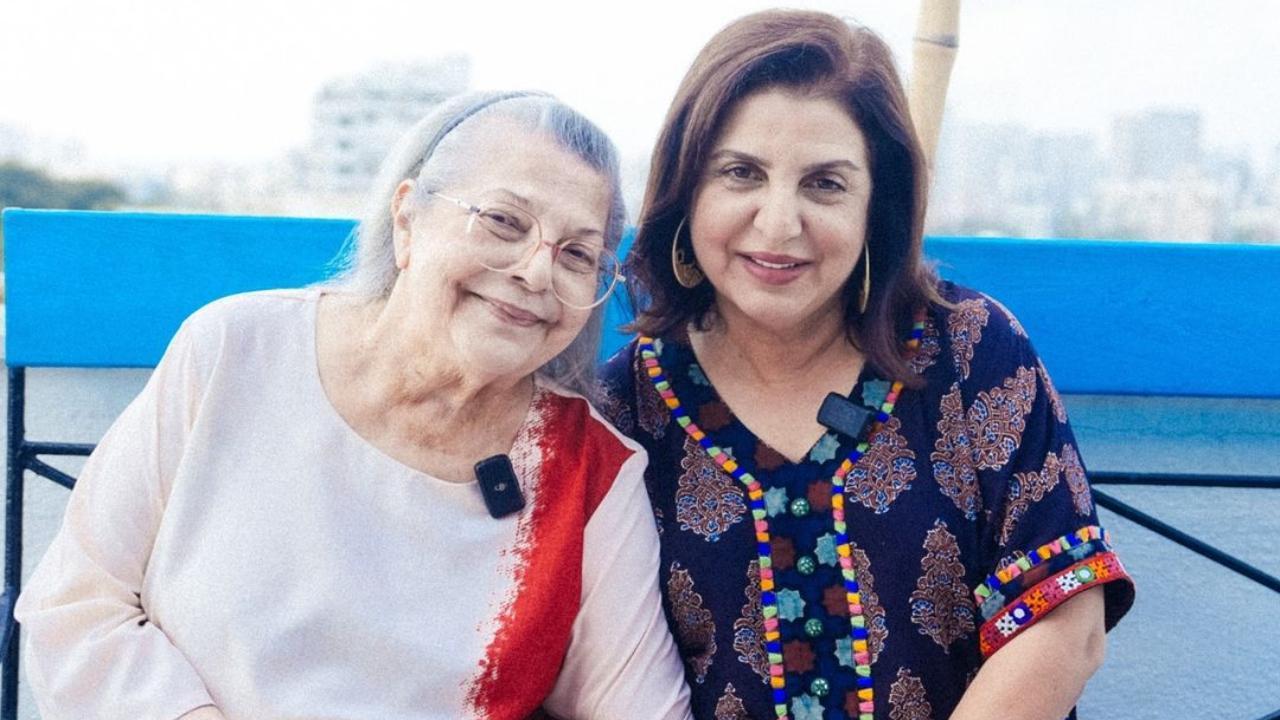
In a historic movement that marks the implementation phase of the Citizenship (Amendment) Act (CAA), on Wednesday, fourteen individuals rejoiced as they received the first set of citizenship certificates under the act, symbolizing a new chapter in their lives as Indian nationals. This pivotal moment took place during a function where Union Home Secretary Ajay Kumar Bhalla personally distributed the citizenship certificates to the new recipients, signifying the commencement of a process dedicated to providing relief to persecuted non-Muslim migrants from Pakistan, Afghanistan, and Bangladesh.
Taking a step forward in executing the CAA, which was enacted back in December 2019, the Indian government has begun the undertaking of granting Indian nationality to those specified non-Muslim communities who faced persecution in their home countries. These communities include Hindus, Sikhs, Jains, Buddhists, Parsis, and Christians, who took refuge in India on or before the cutoff date of December 31, 2014.
The ceremonial event of bestowing certificates took place following the finalization of the online application process of the beneficiaries through a specially established portal. The government designated this portal to streamline and facilitate the submission of applications, ensuring accuracy and effectiveness in processing the complex requirements associated with such sensitive matters.
The enactment of the CAA has been a topic of significant discourse and debate since its inception. Advocates of the act argue that it provides much-needed sanctuary for those fleeing religious persecution in their origin countries. However, the act has also faced considerable opposition. Critics claim that by excluding Muslims, the law is discriminatory and undermines the secular fabric of India’s constitution. Despite the controversies, the CAA received the president’s consent, marking its official legitimization.
Nevertheless, translating legislation into action has not been without delays. It was over four years after the act’s passage before the specific rules under which Indian citizenship was to be granted were finally issued on March 11 of this year. The lag in bureaucratic processes, rule formulation, and infrastructural setup for application and verification contributed to this delay, leaving many potential beneficiaries in a state of prolonged uncertainty about their futures.
The law specifies that Indian citizenship should be available to eligible applicants from the three neighboring Islamic-majority countries who entered India before the specified cutoff date. The aim is to offer them protection and a secure future that they might have been denied in their countries of birth due to their religious beliefs. With the necessary legal instruments and operational mechanisms now in place, it’s anticipated that many more such migrants will avail themselves of this opportunity and formalize their status as Indian citizens.
Through this significant gesture of inclusivity, the Indian government has reaffirmed its commitment to upholding the rights and safety of persecuted minorities. While the political and social implications of the CAA continue to stir discussions, for the 14 individuals who received their certificates, the day was a personal triumph – a moment where years of living in the shadows culminated in the acknowledgment of their belonging in the country they now call home.
As the CAA implementation gains momentum, the nation watches to see how the delicate balance of humanitarian assistance aligns with internal policy dynamics and the broader fabric of India’s socio-cultural mosaic. This step marks not only a new beginning for the recipients but also poses questions about the evolving nature of citizenship, human rights, and national identity.










